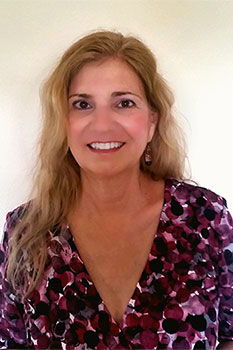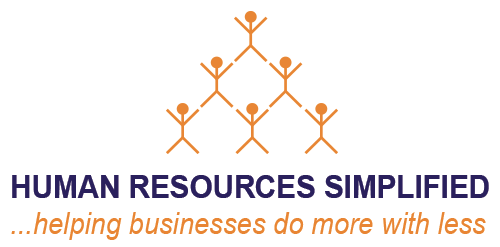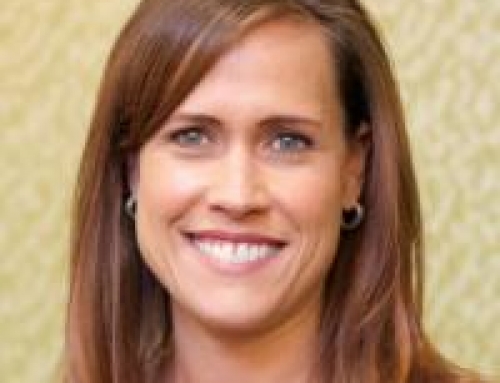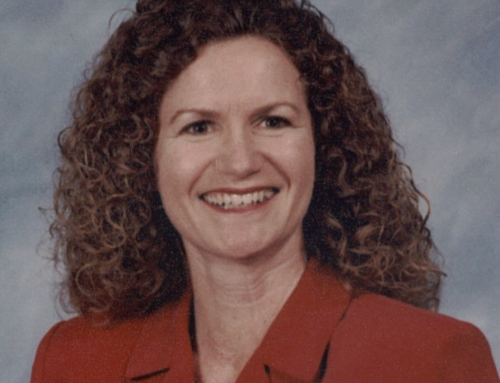
In our March Interview, Jean Juchnowicz, owner of Career Advice Simplified shares insight into Building Trust when You are the Boss in a Small Business.
Q: Why should the owner or managers in small businesses focus on building trust with their employees?
A: Building trust is important. A small business is focused on increasing revenue, controlling expenses, and creating customer satisfaction, the same things a big business focuses on every day. Your employees are your front line–in person, or on the phone, through email, by mail—creating customer satisfaction. So, just like constructing a building, you need to create a foundation of trust in the employer-employee relationships. Without a solid foundation, the rest of the building will be unstable and prone to collapse. The same is true about interpersonal relationships.
Q: What do you mean by “creating a foundation of trust”?
A: Think of the base of a pyramid. If it was not strong and stable, the upper portions would not be solid and survive as they have. The same is true for Maslow’s hierarchy with physiological and safety levels at the base. The basics must be met then further success can be achieved.
Q: So, what are the steps to building trust at work?
A: First, establish rapport. This means to really listen to your team, individually and collectively. If you need to, write things down to remember them. Follow up on problems and suggestions. Express thanks and show interest in conversations. Be available.
Next, practice what you preach. Serve your staff as a role model for encouraging discussion and following up with solutions implemented and communicated.
Third, know when to hold them and when to fold them. If a battle is a loser at the start, don’t fight it. Do the right things but learn when to do trade-offs if it makes sense for the long haul. Be flexible. Be authentic.
Fourth, live in the now; meaning, don’t dredge up the past or make meaningless promises for the future.
Fifth, don’t be afraid to work with your crew to show that you still have skills, have what it takes, and have the talents that made you a business owner or successful leader with your employer. Mentor as you work side by side and evaluate the systems and protocols in place; things change and improvements may be needed.
Six, expect conflicts to arise. This is normal when you have people working on shared goals. As the saying goes: first, seek to understand the problem. Identify triggers and secondary issues. Then, and only then, determine alternatives and decide on the best conflict resolutions. If your people know that you are actively working on a solution and that it won’t happen overnight, you earn their trust and respect.
Seventh and last, be communicative, be clear and be consistent. Don’t say one thing and do another. If you must backtrack on what you said you would do, explain what changed, and why this new action is now needed. Don’t just communicate important info once, overcommunicate as there are four communication styles, if you can frame your message in each of these styles, you stand a better chance of being understood.
Q: So, what are the four communication styles?
A: They are called different things in the world of communications research, but, essentially, they are the director, the thinker, the expresser, and the harmonizer styles. All styles are equally important. One is not better than another. Typically, each person has a dominant style and (most times) a secondary style. The director wants the facts, period. The thinker wants to understand the back story, the stats, the choices, and the decision. The expresser wants to know to understand and to be able to explain to others. The harmonizer wants to be in the know to be supportive of the process and the decision.
Q: If building trust is successful, then the company can achieve financial security, stay in business, win more business, earn positive reviews, and attract more employees and customers; is that correct?
A: The goals are many and the achievements that are possible drastically improve with a work environment that is positive, collaborative, enthusiastic, and exhibits trust in the management team and with each other.
Q: In conclusion, what are final thoughts for leaders?
A: Be the best you. Practice positive people skills. Inspire better performance. State your mission, explain your vision, list your goals and core values. Drive company growth through building trust and celebrating successes.
Jean is the founder and owner of Human Resources Simplified and Career Advice Simplified. She is a certified senior-level human resources executive/consultant, adjunct professor, management trainer, professional speaker, career coach and resume writer. She has other certifications too, but that just means she knows stuff.

Jean (JJ in HR) is a certified senior-level human resources executive/consultant, adjunct professor, management trainer, professional speaker, resume writer, career coach, LinkedIn profile builder, and published author.










